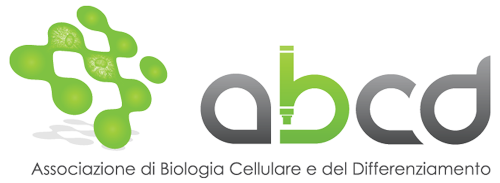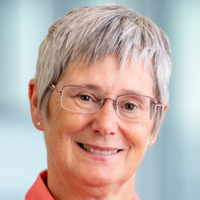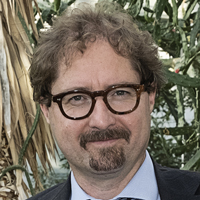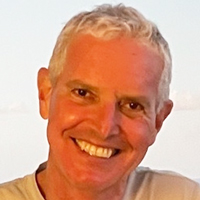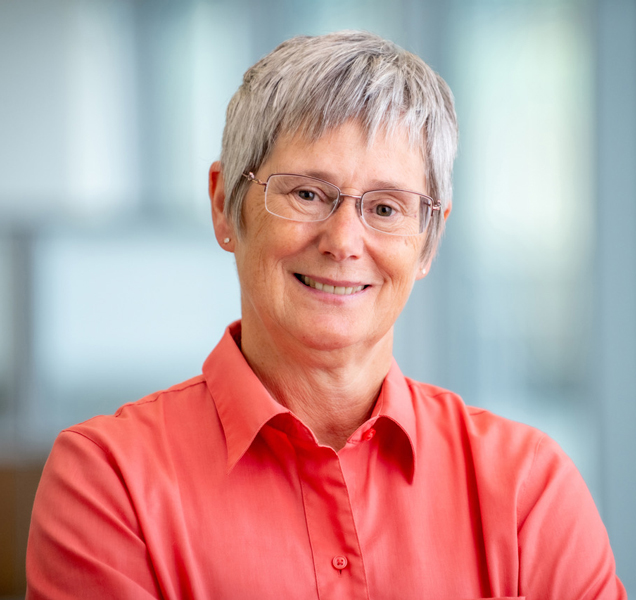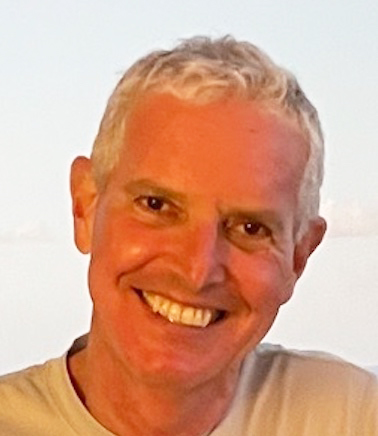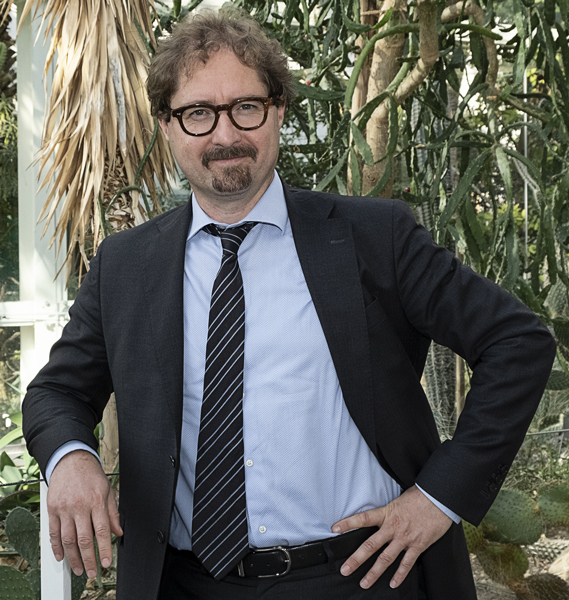Telmo Pievani
Telmo Pievani (1970) is Full Professor at the Department of Biology, University of Padua, where he covers the first Italian chair of Philosophy of Biological Sciences since 2015. After Ph.D. researches in USA, he has been Professor of Philosophy of Science at the University of Milan Bicocca (2001-2012). Past President (2017-2019) of the Italian Society of Evolutionary Biology, he is Fellow of several academic Institutions and scientific societies. He is member of the editorial boards of Evolution: Education and Outreach, Evolutionary Biology, Rendiconti Lincei Sc. Fis. Nat., Nature Italy, Istituto Treccani, and the Italian edition of Scientific American. He is author of 322 publications, included several books: “Introduction to Philosophy of Biology” (Laterza, 2005); “The Theory of Evolution” (Il Mulino, 2010); “Born to Believe” (Codice Edizioni, 2008, with V. Girotto and G. Vallortigara); “The Unexpected Life” (Cortina Editore, 2011); “Homo sapiens. The Great History of Human Diversity” (Codice Edizioni, 2011, with L.L. Cavalli Sforza), “Introduction to Darwin” (Laterza, 2012); “The End of the World” (Il Mulino, 2012); “Freedom of migration” (Einaudi, 2016, with V. Calzolaio); “How we will be” (Codice Edizioni, 2016, with L. De Biase); “Imperfection. A natural history” (Cortina, 2019, MIT Press, 2022); “The Earth after us” (Contrasto, 2019; with F. Lanting’s photos), “Finitude” (Cortina, 2020); “Serendipity” (Cortina, 2021); “Nature is bigger than us” (Solferino, 2022). Fellow of the Scientific Board of science festivals in Italy, since 2014 he is fellow of the International Scientific Council of MUSE in Trento. He is Director of “Pikaia”, the Italian website dedicated to evolution (www.pikaia.eu). He is Director of the University of Padua web magazine, Il Bo LIVE (https://ilbolive.unipd.it). With Niles Eldredge, Ian Tattersall and Luigi Luca Cavalli-Sforza, he curated International science exhibitions. Author of books for children and theatre scientific shows, he collaborates with RAI radio and TV projects, he is a columnist for Il Corriere della Sera, and the magazines Le Scienze and Micromega. Personal website: www.telmopievani.com
